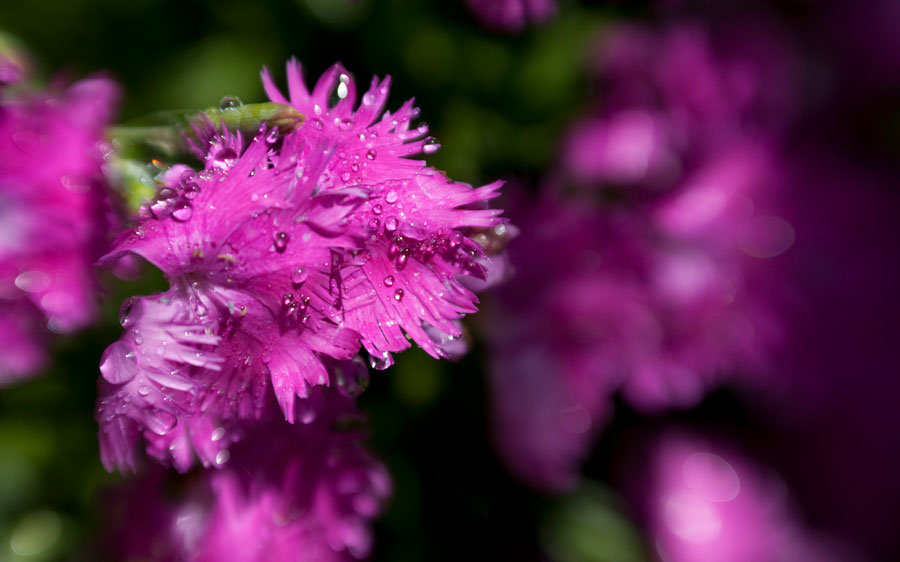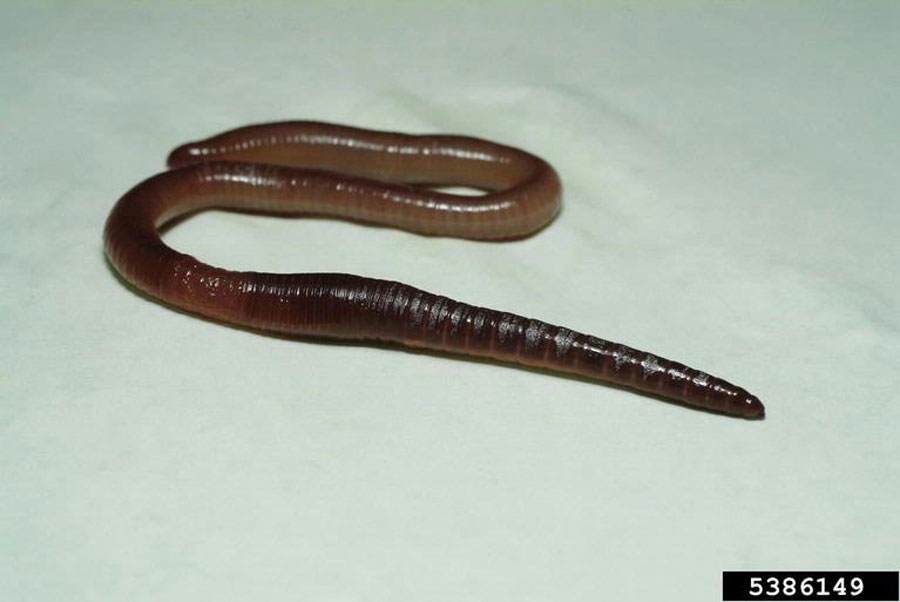Common gardening questions answered
Published at | Updated at
Throughout the growing season I receive gardening questions related to the timing in the season we are at, and I thought it might be good to address some common questions in case you have these same ones.
We are currently looking at drought conditions in our region and multistate area due to many areas receiving lower amounts of snowfall this past winter. As a result, many people begin thinking about water saving methods, and ways to reduce their household water usage. When people become more water conscious, then I get asked, “Should we stop watering our lawns if it happens to rain?”
The answer is, “it depends”. Normally rain storms in the spring/summer may give us some moisture, but more often these storms make little impact when watering the landscape. Many rainstorms drop less than an 1/8 of an inch of water, which may get the concrete wet, but doesn’t help a lawn or trees to stay hydrated. We must remember that we live in a high-altitude desert where the air is dry, and moisture from a light rain is quickly evaporated away. With just a light rain sprinkling, the grass is still dry even though the blades may be wet, so you will need to continue to irrigate on schedule. But, if we happen to get a downpour and get ½ an inch of rain or more in one storm, then turning off the sprinklers for a day or two would be appropriate. Another aspect to consider if you decide to turn off the sprinklers is how warm and dry the day after the storm is.
The lesson here is that while rain storms may seem like they are wetting down the soil and watering the lawn, they most times have very little impact on our soil moisture, and can lead us to not water our lawns sufficiently.

What can I do about the large earthworms (night crawlers) that infest my lawn and cause the bumps in the grass and make it uneven to walk on? Okay, so first off you cannot kill the worms in your lawn with any chemical as there is nothing labeled to control them.
Secondly, they are beneficial as they digest and breakdown organic matter in the soil, help aerate compacted soils, and make nutrients more available to plants after the dead material has been digested. But, still the little dirt piles and unevenness can be annoying for many homeowners.
Here are a few things to try; first don’t mow you grass as short and let it grow to a longer height of 2 to 3 inches in height. This makes the worm piles less noticeable. Next water deeply and infrequently as this helps your grass, but also helps to disintegrate the little dirt piles created by the worms.
You can also roll a barrel or other round heavy object around on your lawn to help crush the piles down and smooth out the lawn surface. The draw back to rolling and smashing the dirt piles is the potential for soil compaction, but aerating at least annually in the Fall will help to resolve the compaction issue, and can also help to break up the dirt piles created by worms at the same time.

Lastly, the black spots on aspen tree leaves are something that plague gardeners in our area. This is caused by a fungal spore, named Marssonina leaf spot. Cool, wet, and windy springtime weather spreads these spores, and when they come in contact with new / young aspen leaves they infect the leaf and create dark spots which become quite pronounced by July and August. The first way to manage them is to remove the source of infection.
These spores overwinter on the leaves from last year which were left on the ground under the tree. To prevent them from being an infection source, rake up any aspen or poplar leaves and dispose of them off the property. (Don’t compost or reuse infected leaves).
There are fungicidal sprays available labeled for this fungus on aspens and poplars, but timing is critical. These sprays are primarily preventative in nature, and if the fungus has already started to infest the new leaves, then they are ineffective.
If you have further gardening landscape questions please reach out to Lance at (208) 624-3102.

In the Garden is sponsored by ProPeat, which is dedicated to delivering solutions for any of your professional fertilization needs. Whether you need to reduce the harm to soils and the environment, or you're interested in the latest nitrogen, carbon and biochemical technologies, ProPeat is the perfect fit.
EastIdahoNews.com comment boards are a place for open, honest, and civil communication between readers regarding the news of the day and issues facing our communities. We encourage commenters to stay on topic, use positive and constructive language, and be empathetic to the feelings of other commenters. THINK BEFORE YOU POST. Click here for more details on our commenting rules.



